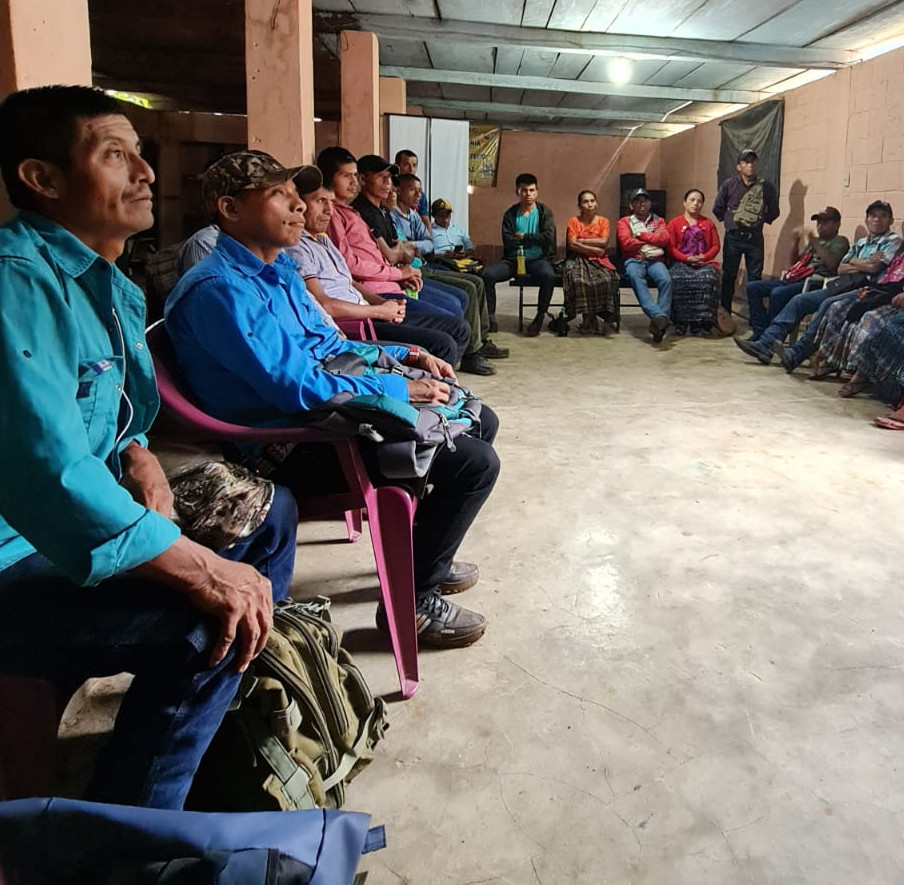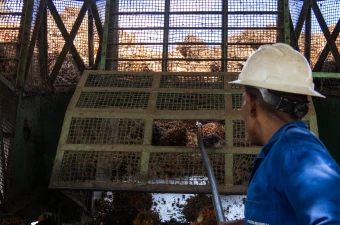ITUC Global Rights Index 2024
The new ITUC Global Rights Index 2024 has been released, in which the international trade union organization annually revises the labour rights in 151 countries worldwide, using 97 indicators. They base their study violations of labour rights on international laws and multilateral agreements. The new data from this report show a global picture in which democratic rights and freedoms are at risk in many countries.
“For 11 years now the Index has tracked a rapid decline in workers’ rights in every region of the world”,
said Luc Triangle, General Secretary at ITUC, the organization to which national trade unions from all over the world are affiliated.
Workers are the beating heart of democracy, and their right to be heard is crucial to the health and sustainability of democratic systems. When their rights are violated, democracy itself is attacked.
Democracy, trade unions and workers’ rights go together; you simply cannot have one without the other.”
In eight out of ten countries worldwide, not all workers have the right to be represented by a union, which can collectively negotiate working conditions on their behalf.

One of the most striking results was that in almost nine out of ten countries worldwide, the right to protest has been violated (87%). This number has risen sharply in the past decade. The overall trend of figures from the Index shows that the fundamental rights of workers are at risk
About the ITUC-Index
ITUC’s Global Rights Index is a comprehensive overview of workers’ legal rights. It is the only database of its kind.
- 151 countries are assessed,
- 97 indicators are measured, which are derived from ILO conventions and case law.
- Countries are rated on a scale of 1 to 5+, based on the extent to which workers’ rights are respected.
- Violations are recorded from April to March each year.

Trade union freedom and the right to protest in Cambodia
CNV Internationaal also operates in countries were freedom is under pressure. In Cambodia, nine union leaders were arrested during a peaceful protest for union freedom. There were all charged with ‘incitement to commit a crime’ and sentenced to two years in prison.
CNV Internationaal supports trade union CLC in Cambodia, which is working to improve social protection for workers and to resolve labour disputes. Our aim is to contribute to a safe working environment, in which unions are free to advocate on behalf of the workers without fear.
Limited freedom to collective negociations
Governments refused to enter into discussions with unions about socioeconomic laws and policies on work and income. In addition, unions were excluded from participating in tripartite consultations with employers and governments.
Furthermore, employers abuse flawed legislation and minimal enforcement to avid collective bargaining in several countries.
A variety of tactics are used for this purpose. For example, employers delay the process in many ways: they refuse to enter into negotiations with worker representatives or enter argreemenets with non-independent union under the influence of the employer or other unrepresentative bodies. Such unions do little or nothing to represent the interests of workers.

Fatalities from anti-union violence
In six countries, union members have been murdered because of their work. This was, among others, in Colombia and Honduras, two countries where CNV Internationaal actively cooperates with local trade unions. The affected workers and their families are often denied justice, because investigations of the killings are not initiated.
In Colombia, eleven trade unionists were murdered between 2023 and 2024; this unfortunately continues to make the country the deadliest country for union work. The Colombian government has recognized this, and launched a process in September to recognize the trade union movement as a collective victim of the armed conflicts. However, security risks remain an ongoing issue for our partners in Colombia.
This makes it difficult for us, as CNV Internationaal, to carry out our activities and to support trade unions. We try to reduce the risks by working through international lobbying practices and by working to implement grievance mechanisms. We also work with other organizations for this purpose, such as the sustainability organizations RPSO and Bonsucro for the palm oil and sugar sector, and also with the National Contact Point (NCP) for the OECD Guidelines for International Corporate Social Reponsibility.
Hope for union members in Guatemala
The results of the report reveal once again that Guatemala is one of the ten worst countries to live in as a workers. The country is plagued by constant violence against workers; even the most ordinary union activities as a matter of life and death. The government fails to protect union members, and does not prosecute anti-union crimes. Trade unionists in Guatemala face a constant atmosphere of fear and intimidation, and death threats. In addition, there has been a high rate of attempts to break unions up.
Only 0.2 percent of workers in Guatemala dare to join a union. This makes it very special that, regardless of all the risks, the bold workers in the palm oil sector in Guatemala recently managed to form the first union within their sector.
This union in the company REPSA was supported by the local partner organization CONDEG and CNV Internationaal. This is a victory for the Guatemalan palm oil workers, and a history and hopeful moment for the sector. The sector is thus demonstrating its commitment to an industry where labour rights will be respected.

Publication date 14 09 2024


